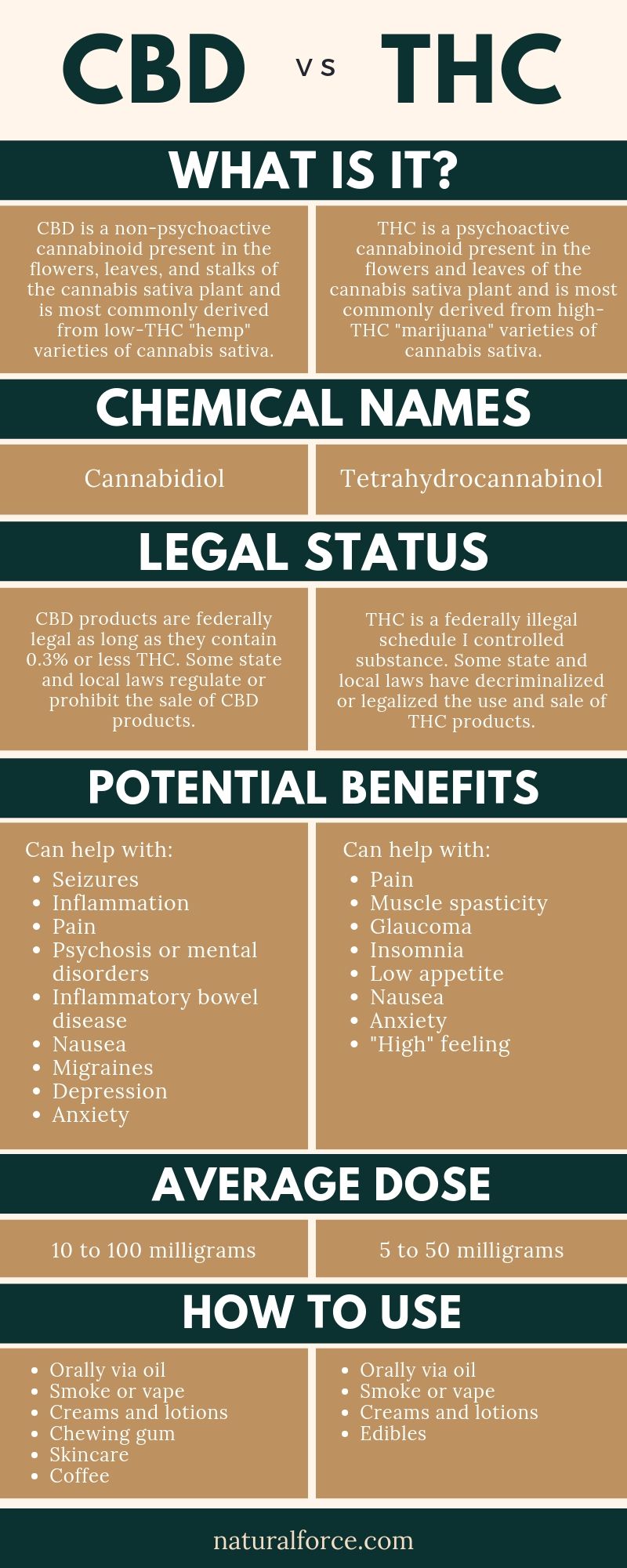Is CBD Oil Safe? What the Research Says & How to Choose Quality Products
With CBD’s cousin THC listed as an illegal drug in many places around the world, you may be wondering if CBD oil is safe. The answer is a definitive "Yes!". CBD won’t get you high, it can be taken safely with most medications, and you can’t overdose on it. We’re here to set the record straight about the safety of CBD, so you can decide if it’s right for you!
Why CBD Oil Safety Matters: Risks, Interactions & Choosing Quality
While CBD oil often receives praise for its potential benefits, safety isn’t guaranteed simply by being a “natural product.” Research indicates that CBD is generally well‑tolerated, but important risks exist—especially when products are unregulated, mislabeled, or combined with other medications. For example, high doses of CBD have been linked to mild liver enzyme elevations, and CBD may interact with drugs processed by the CYP450 enzymes in the liver (similar to grapefruit juice).
To protect yourself: choose products with third‑party lab reports, verify THC levels (< 0.3% where applicable), start at a low dose (10‑20 mg/day), and consult your doctor if you’re using other medications or have liver conditions.
In this article, you will learn:

Click here for a printer-friendly version!
Can You Overdose on CBD?
CBD is as safe a substance as can be. Naturally sourced from the hemp plant, this non-addictive, ultra-calming natural remedy is perfectly safe for daily use. To this day, there hasn’t been a single reported death from CBD oil.
But when it comes to CBD, more doesn’t necessarily mean better. When starting off, it’s best to start with the recommended amount according to the handy instructions you’ll find listed on a product's packaging. Most brands will recommend consuming between 10mg to 20mg (mg = milligrams) a day for optimal benefits. From there, you can gradually increase your intake to experiment with your unique ideal dosage, that sweet spot where your symptoms are under control.
The amount you need can also depend on the reason you’re taking CBD; for example, for those taking CBD for epilepsy, a doctor may recommend a much higher dosage compared to someone who is consuming it for anxiety.
Another great benefit of CBD is that it’s not something one builds a tolerance to. Many regular CBD oil users have reported that they stick with the same dosage and still enjoy the same benefits.
Does CBD Oil Get You High?
Technically, no. To be sold legally in the United States, CBD products must contain less than 0.3% THC (the chemical that creates that “high” feeling), which is not enough to create any psychotropic effects.
It is important to note, however, that certain CBD-rich marijuana strains do exist, and these can contain high amounts of THC as well. Whereas CBD products contain less than 0.3% THC, the typical marijuana strain sold in medicinal or recreational dispensaries can contain anywhere from 10-20% THC content. These CBD-rich marijuana strains, however, cannot be labeled as CBD products because they don’t adhere to the laws about CBD. So don’t worry about accidentally purchasing CBD oil that will get you high!
Does CBD Oil React With Other Medications?
Yes, and here’s why. To put it simply, CBD oil is absorbed through the body through something called CYP450 enzymes. Any other medications that are also processed in our body through these same enzymes are going to be impacted. This includes blood thinners like Warfarin and anxiety medications like Xanax or Ativan. CBD oil can also increase the concentrations of medications in your blood, like antidepressants, antihistamines, HIV medications, and any prescriptions that alter blood consistency, like beta-blockers.
While CBD can react with other medications by increasing their concentrations, this is the same naturally-occurring reaction as other harmless fruits and plants like watercress, St. John’s Wort, and grapefruit, so there’s no reason to be alarmed! If you’re interested in taking CBD but you’re on blood thinners or any other medications, just make sure to talk with your doctor first.
At the end of the day, if you’re looking for a safe, natural solution to relieving anxiety, stress, and pain, look no further than CBD. Finding a pure, quality, potent CBD oil can instantly ease you into a more relaxed state without the long list of side effects typically involved with prescription medications.
Frequently Asked Questions (FAQ)
- What are the main safety concerns with CBD oil? Safety concerns include product purity (contamination with heavy metals or THC), liver enzyme elevation at high doses, and lack of regulation across many markets.
- How does CBD oil interact with other medications? CBD may inhibit the CYP450 liver enzyme system, which means it can increase the effect or side effects of blood‑thinners, antidepressants, anti‑anxiety drugs and other medications. Always check with your physician.
- How can I choose a quality CBD oil product safely? Look for: full spectrum or broad spectrum labels, third‑party lab‑tested COA (certificate of analysis), THC content clearly stated, clear dosage instructions and reputable brand transparency. Avoid products making overblown medical claims.
UP NEXT: Hemp Oil vs CBD Oil: Everything You Need to Know
(Want articles like this via email? Here's the sign up!)
